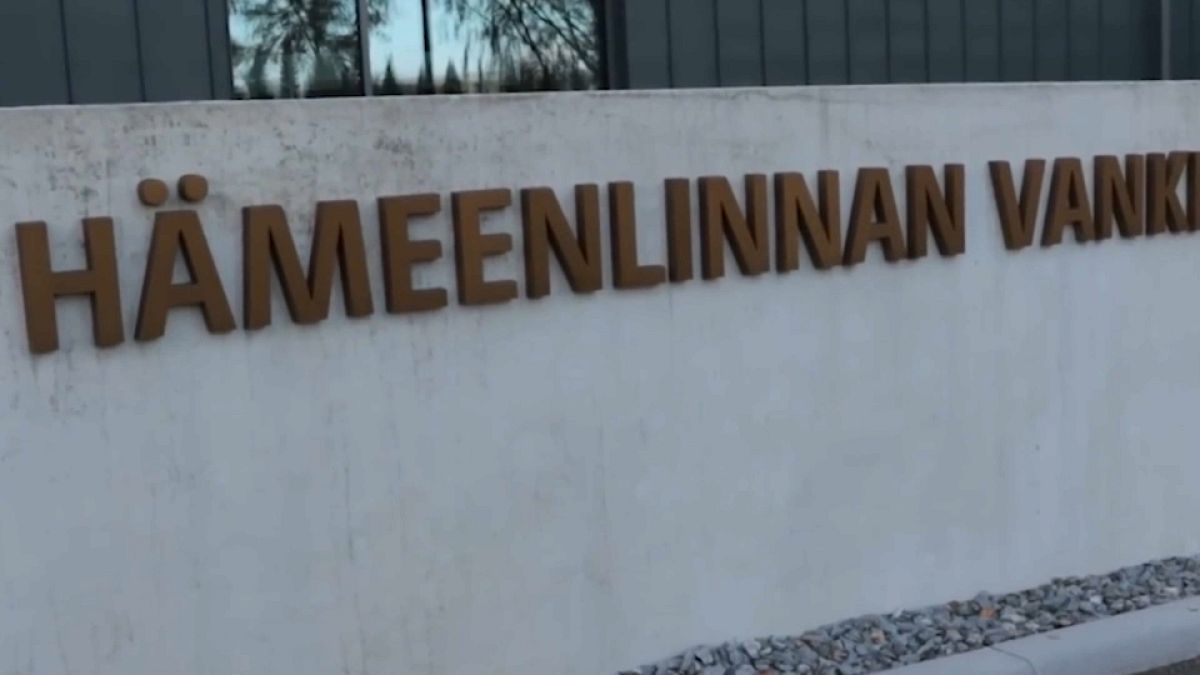In Finland, inmates have been participating in AI annotation tasks as part of a rehabilitation program to reduce re-offending rates. Instead of traditional prison tasks, inmates at three closed prisons have the opportunity to work on digital tasks with market data startup, Metroc. The initiative aims to equip inmates with modern skills to help them reintegrate into society upon release. AI systems require human input during development, especially for languages like Finnish, which creates challenges in a high-wage economy like Finland where hiring native speakers can be costly. Metroc provides training materials that include a basic course on construction history and terminology as well as AI concepts for the participants.
Participants in the program are provided with special laptops and asked simple questions related to the text material they are analyzing. One inmate, nicknamed Robin, shared that he chose to participate in the AI annotation work to engage in meaningful activities, learn about Artificial Intelligence, and earn money. Researchers monitoring the project emphasize that the strict regulations in Finnish prisons ensure safer working conditions compared to similar jobs outside the system. Providing inmates with activities such as AI annotation work creates structure in their day and helps them adjust to life outside of prison, ultimately reducing the likelihood of re-offending.
In a statement to Euronews Next, Jussi Virnala, Founder of Metroc, explained that their software requires language models to understand Finnish language and construction context. With only five million Finnish speakers globally, having access to native speakers for development work can be expensive in high-wage economies like Finland. The AI annotation tasks provide inmates with an opportunity to learn new skills and engage in meaningful work, which can help them build a better future upon their release from prison. The initiative has been successful in providing inmates with a pathway to acquire modern skills while serving their sentences.
The Finnish authorities view the AI work and Smart Prison projects as unique and innovative approaches to rehabilitation within the prison system. Other Nordic and European countries have shown interest in learning from Finland’s initiatives and have sought consultation on implementing similar programs in their own prison systems. The AI annotation tasks not only benefit the inmates by providing them with valuable skills and opportunities for personal growth but also contribute to reducing recidivism rates and creating safer communities upon inmates’ release. The success of the program highlights the potential of using technology and innovation in the criminal justice system to support rehabilitation and reintegration of offenders into society.
Overall, the initiative in Finland to involve inmates in AI annotation tasks through a partnership with Metroc is a groundbreaking approach to rehabilitation within the prison system. By equipping inmates with modern skills and providing them with opportunities for meaningful work, the program aims to reduce recidivism rates and help inmates reintegrate into society upon release. The success of the project has attracted interest from other countries in Europe, highlighting the potential for technology and innovation to transform the criminal justice system and support the rehabilitation of offenders. The strict regulations in Finnish prisons ensure safe working conditions for inmates participating in the AI annotation tasks, providing them with structure and a pathway to a better future post-incarceration.










